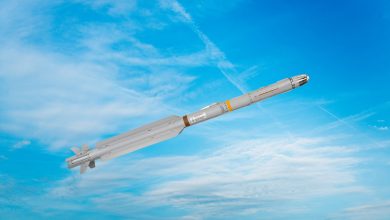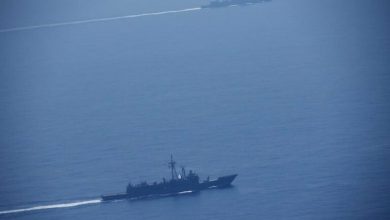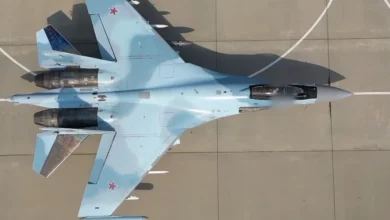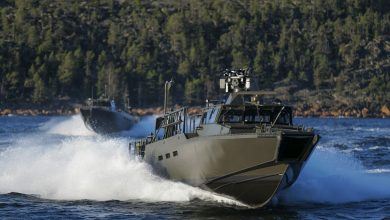Analysis: It’s time for stronger Türkiye-EU energy cooperation
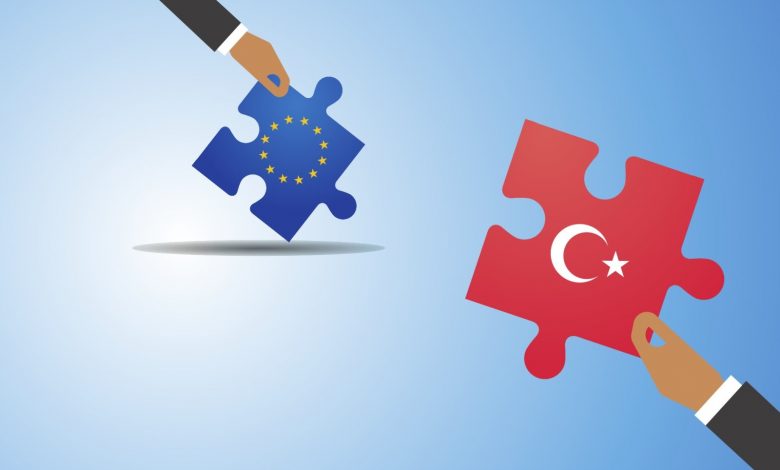
As Türkiye is a natural transit country for European imports from gas and oil-rich regions of the Caucasus, the Middle East and the Mediterranean, stronger energy cooperation with the EU will benefit both since their energy goals match.
hese days, high energy prices and energy security are major topics that European Union countries have to deal with. Many EU countries and Türkiye relied heavily on Russian gas for their gas imports. Both the EU and Türkiye are interested in diversifying their energy sources in general, and gas and oil imports in particular. Türkiye’s neutral stance on the Ukrainian-Russian war has protected it from Russian gas supply interruptions. In fact, Russia even suggested that Türkiye be the gas distribution center or hub for the Russian gas supply to Europe.
Türkiye is a natural transit country for European imports from gas and oil-rich regions of the Caucasus, Middle East and Mediterranean. Stronger energy cooperation between the EU and Türkiye will benefit both as their energy goals match. Türkiye and Azerbaijan have already built the Trans-Anatolian Natural Gas Pipeline (TANAP) to export Azerbaijani gas to Europe by connecting TANAP to the Trans Adriatic Pipeline (TAP) at the Turkiye-Greece border. Türkiye, Azerbaijan and Turkmenistan leaders recently held a summit on Dec. 13, 2022, to strengthen their ties and energy cooperation. Now it is more probable that some Turkmen gas, passing through Azerbaijan and Georgia, will also be exported via Türkiye. In the future, Kazakhstan gas could also be included in this supply line. The EU could participate in these efforts and support them by financing additional pipeline projects from Turkmenistan, Kazakhstan and the Middle East.
Türkiye imports gas from Iran through a pipeline built between these two countries. Once the embargoes on Iran are lifted, this pipeline can be extended to Europe for Iranian gas exports. Additional gas from other Middle East countries can be added to the pipeline. Iraq potentially has unexplored gas sources. Türkiye and EU companies in partnership could increase gas explorations and discoveries in Iraq. Such a foreign direct investment in Iraq will benefit Iraq’s economy as well. Any significant newly discovered gas in Iraq could be exported to Europe via Türkiye by building some additional pipelines between Iraq and Turkiye. If such a pipeline materializes, Qatari gas could also be exported from that pipeline by building an additional pipeline connecting Qatar with Iraq under the Persian Gulf. All of these are potential cooperation areas for Türkiye and EU countries, which will serve their common goal of gas import diversification.
The Mediterranean gas
Another potential gas source for both Türkiye and the EU is the Mediterranean. Currently, only Israel has a significant amount of gas to export, discovered in the Mediterranean on Israel’s coastlines. Israeli gas can be exported via Türkiye to Europe. Additional gas discoveries are possible. Türkiye bought a few oil and gas exploration ships to explore gas and oil in the Black Sea and the Mediterranean. In the meantime, Türkiye has also increased its cooperation with Libya, and they want to conduct joint exploration. These efforts, if significant gas sources are explored, will also contribute to Türkiye’s gas security as well as that of Europe. Europe can play a positive role in settling Türkiye-Greece disputes in the Mediterranean with policies that are fair to both countries, away from the pro-Greek policies. Türkiye proposed a regional conference for settling East Mediterranean disputes. The EU, in line with international sea laws, could support such diplomatic efforts.
Currently, the EU avoids additional Russian gas due to the Russian-Ukrainian war. In the meantime, with Russia’s offer, Türkiye and Russia are taking steps to build a gas distribution center in Thrace (the European side of Türkiye) for Russian gas to be exported to Europe via Türkiye, from the TurkStream 2 pipeline. Even though this project does not currently seem feasible, it will be after the war ends and a settlement between Ukraine and Russia is reached. Türkiye will provide an alternative route to the northern pipeline for Russian gas to Europe.
Of course, EU-Türkiye energy cooperation can extend beyond the diversification of gas import lines. Türkiye is constantly trying to diversify its domestic energy sources with nuclear energy as well as renewable solar and wind power. Mutually beneficial energy projects could be developed in these areas too.
Thus, a deepening of EU-Türkiye energy cooperation will increase the energy security of both by diversifying their energy sources and will contribute to the development of additional economically feasible energy projects.
*Associate professor and chair, Department of Business Administration, American University of Iraq, Sulaimaniyah


